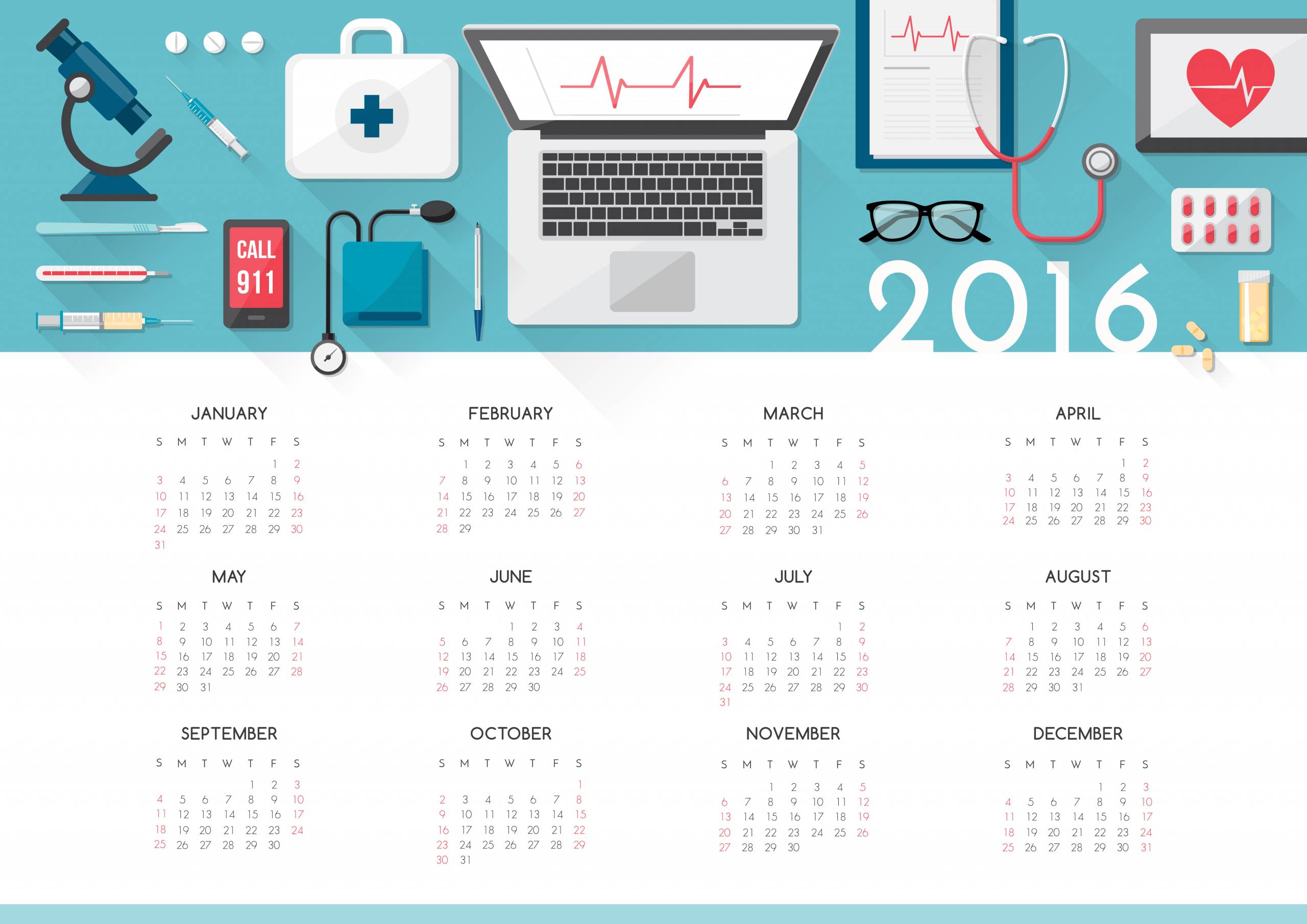According to the U.S. Department of Health and Human Services, 13% Americans were 65 years of age or older in 2010 and by the year 2030, almost 20% of the total U.S. population will be 65+ years of age.
As we endure the process of aging, our bodies undergo a plethora of changes, some of which may not be within our control. However, by making proactive decisions about our overall health we can improve longevity, as well as, the quality of our lives.
For this reason, we’d like to share a few tips to living a longer, healthier life.

1.Maintain a Healthy and Balanced Diet
A well-balanced diet is a vital component of any healthy lifestyle. In order to do so, we advise you to lessen the consumption of food high in trans and saturated fats such as butter, bacon, steak, and full-fat dairy products. We all know the flavor is in the fat, so what can we eat instead? Well, you can boost the intake of monounsaturated and polyunsaturated fats, found in salmon, avocado, nuts, flax seeds, and olive oil. Eating food rich in nutrients can lead to desirable results such as:
- Retaining mobility and functional independence
- Maintaining a healthy weight
- Keeping health problems at bay
In fact, a 2013 study published in the Journal of the Academy of Nutrition and Dietetics found that older adults with a high intake of fruits, vegetables, whole grains, and fish have better physical function and general health as compared to those who consume less nutritious food.

2.Stay Fit with Regular Exercise
A recent study supported by the National Institutes of Health found that a balanced exercise program of aerobic, resistance, and flexibility training reduces the risk of senior disability and the inability to walk or move without assistance by 18 percent.
Another study, published in the British Journal of Sports Medicine in 2013, found that seniors who exercise regularly are seven times more likely to age healthily.
Consider engaging in regular physical activities based on your abilities. Consult your doctor beforehand and discuss with him/her about how much and what kind of physical activity is appropriate for you. The key is in consistency– light, regular physical activity will help you maintain your fitness level.
More importantly, make sure to stringently avoid substance abuse. Alcohol and cigarettes can be extremely harmful to an individual’s health and well-being. In fact, alcohol can also cause dangerous interactions with the prescription drugs you may be using. If you have a substance abuse problem, it is best to consult a doctor at the earliest stages and enter a treatment program.

3.Get the Best Healthcare
To get the best possible healthcare, you should do the following:
- Know your body– how you feel when you are well and sick.
- Get regular dental, vision, and hearing check-ups.
- Discuss all health-related concerns openly with your health care professional. Take a close friend or family member with you, if you think that will help you provide open candor with your healthcare professional.

4.Take Care of Your Mental Health
Overall mental health and well-being is essential for all individuals and there are several ways to help you maintain your peace of mind:
- Spend more time with your loved ones.
- Meditate for mental peace.
- Develop a support network.
- Immerse yourself in hobbies.
- Practice traditions that can help build inner strength.
Maintaining our health–physical, mental, and social– is of utmost importance. From proper nutrition and fitness right down to managing stress, you should take care of all aspects of your health. With a healthy body, mind, and soul, you will be able to live a fulfilling life and the aid of each of these tips is a step towards a happier, healthier, and fitter you.










